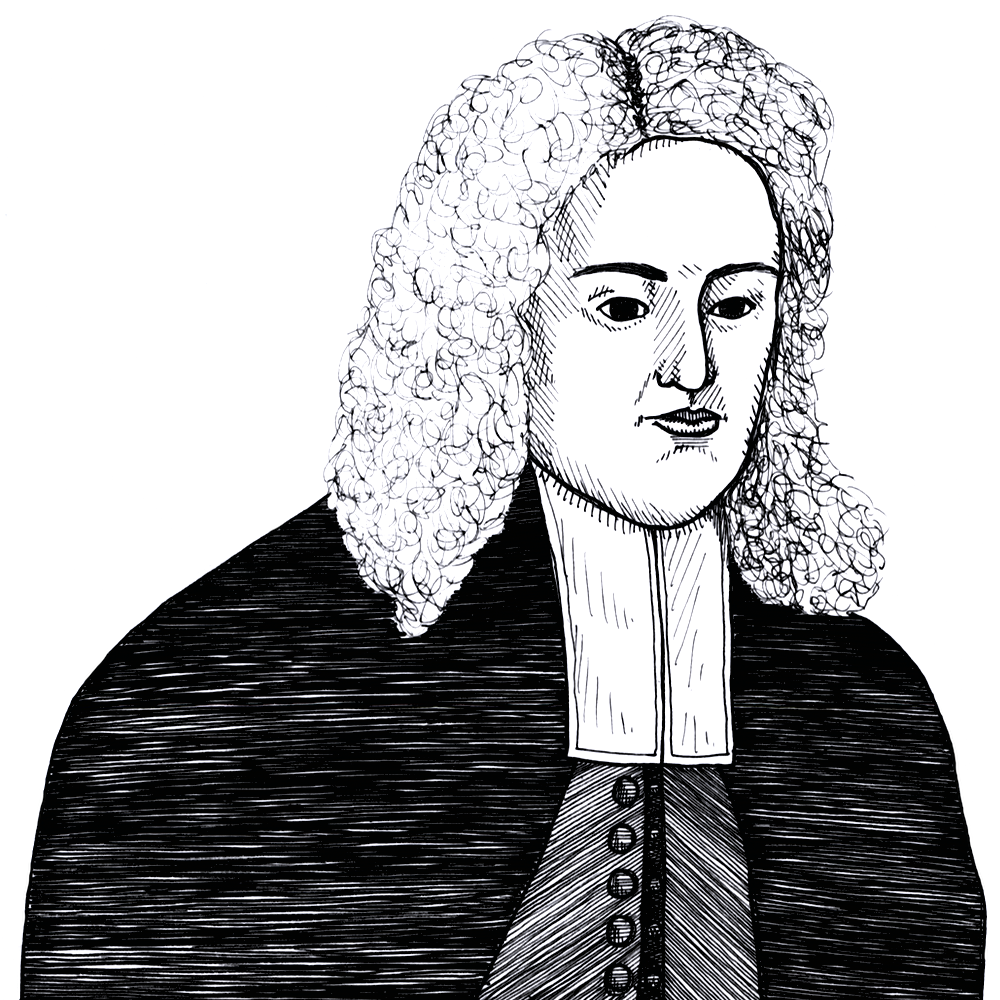
Samuel Fortrey, Public Profit, and Public Good
Found in: A Select Collection of Early English Tracts on Commerce (1856)
In his 1663 England’s Interest and Improvement - Consisting in the Increase of the Store, and Trade of this Kingdom, addressed to Charles the II, the author of this early tract on commerce, the esquire Samuel Fortrey advances the ideas of concentrated and diffuse interests.
Economics
But private advantages are often impediments of publick profit; for in what any single person shall be a loser, there, endeavours will be made to hinder the publick gain, from whence proceeds the ill succes that commonly attends the endeavours for publick good; for commonly it is but coldly prosecuted, because the benefit may possibly be something remote from them that promote it; but the mischief known and certain to them that oppose it: and Interest more than reason commonly sways most mens affections. (FROM: To the Reader)